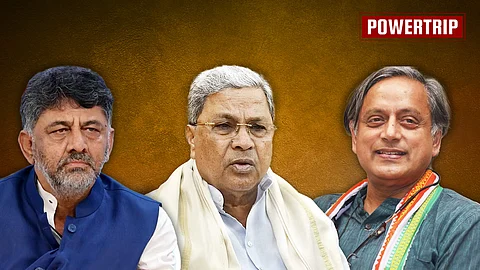Shashi Tharoor: An Influential Voice in Indian Politics

Introduction
Shashi Tharoor, an eminent Indian politician, author, and former diplomat, has made significant contributions to Indian politics and diplomacy. His relevance is underscored by his articulate advocacy for social issues, his rich literary works, and his active engagement in global affairs. As a member of the Lok Sabha and a representative from Thiruvananthapuram, Tharoor’s influence expands beyond conventional political roles, shaping discussions around environment, culture, and technology.
Political Journey
Tharoor entered Indian politics in 2009 when he was elected as a Member of Parliament representing Thiruvananthapuram. Since then, he has been a vocal advocate for various progressive issues, including women’s rights, environmental conservation, and education reform. His speeches often resonate with modern democratic ideals, promoting a vision of India that is inclusive and forward-thinking.
Recent Developments
Only recently, Tharoor engaged in a heated debate concerning the future of the Congress party amidst ongoing political changes in India. His perspective on rejuvenating the party’s image and focusing on grassroots engagement reflects his understanding of contemporary political dynamics. Concurrently, he has been critical of the government’s stance on various social issues, advocating for policies that prioritize the welfare of marginalized communities.
Literary Contributions
In addition to his political endeavors, Tharoor is an accomplished author known for his non-fiction and fiction works. His books often enlighten readers on Indian history, culture, and politics through a personal lens. Titles like “An Era of Darkness” and “The Paradoxical Prime Minister” have garnered extensive readership and have contributed to academic and casual discussions around India’s past and its political scenarios.
Global Engagements
Tharoor’s experience as a former Under-Secretary-General of the United Nations adds depth to his political stance. His insights into international relations and diplomacy enhance his role as a thought leader, particularly in the context of India’s position on global platforms. Recently, he has been vocal about India’s role in addressing climate change and international security issues.
Conclusion
Shashi Tharoor continues to be a significant figure in Indian politics, blending literary talent with meaningful political engagement. His ability to dissect complex issues and present them in the public domain emphasizes the importance of informed discourse in democracy. As we move towards future elections and policy developments, Tharoor’s insights will likely continue shaping the conversation in Indian politics, making it essential for voters to remain engaged with his work and ideas.









